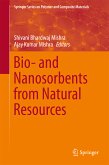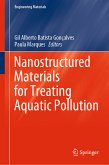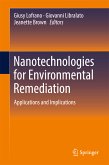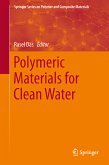Fundamentals of Arctic Marine Toxicology: Climate Change, Pollutants, and Their Far-Reaching Effects is a valuable resource for researchers, policymakers, industry professionals, and environmental stewards. Its interdisciplinary approach encompasses climate change, conservation, biology, environmental science, and toxicology. It offers a holistic understanding of the Arctic's ecological intricacies and the challenges posed by anthropogenic disturbances caused by human activities motivated by economic gain. The book serves as a guide towards a future of eco-friendly innovations that align with environmental stewardship. It envisions a world of sustainable Arctic marine ecosystems achieved through responsible and sustainable practices..
- Explores the impacts of climate change on Arctic marine organisms;
- Delineates the toxicodynamics and toxicokinetics of notable Arctic marine contaminants;
- Provides detailed information on sustainable alternatives to operations in the Arctic marine environment.
Dieser Download kann aus rechtlichen Gründen nur mit Rechnungsadresse in A, B, BG, CY, CZ, D, DK, EW, E, FIN, F, GR, HR, H, IRL, I, LT, L, LR, M, NL, PL, P, R, S, SLO, SK ausgeliefert werden.









